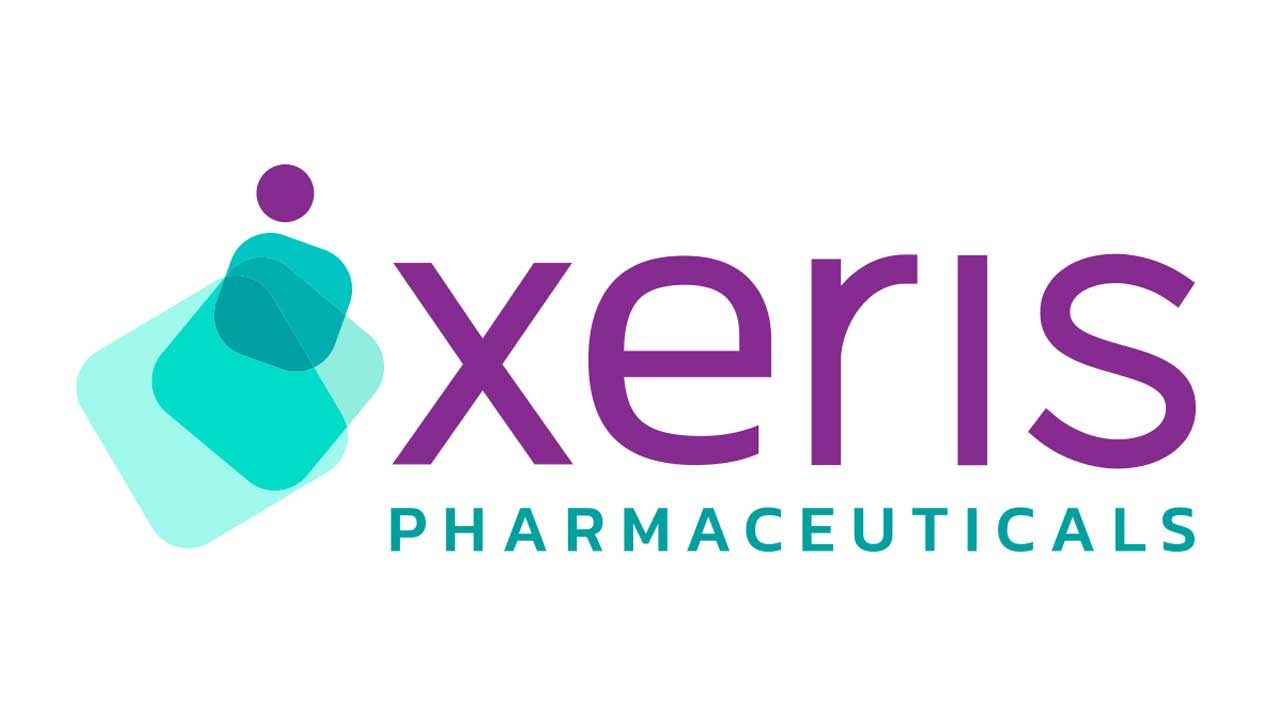Xeris Pharmaceuticals, Inc., a pharmaceutical company leveraging its novel formulation technology platforms to develop and commercialize ready-to-use injectable and infusible drug formulations, today announced that the Food and Drug Administration (FDA) has allowed the Investigational New Drug Application (IND) for its XeriSol levothyroxine for hypothyroidism to proceed. The active IND enables Xeris to initiate a Phase 1 clinical study for XP-8121 using its novel formulation of levothyroxine in a subcutaneous injection for the treatment of hypothyroidism. The Phase 1 study will characterize Pharmacokinetics (PK) and evaluate the safety and tolerability of XP-8121 in healthy participants.
“Levothyroxine is one of the most widely prescribed drug products in the United States. However, due to the many challenges associated with oral formulations there remains an area of significant unmet need. We believe that a potentially weekly subcutaneous injection of XeriSol levothyroxine can mitigate many of these challenges and improve compliance. The Phase 1 study is the first step toward addressing this unmet need,” said Kenneth E. Johnson, PharmD, Xeris’ Senior Vice President of Global Development and Medical Affairs.
“The FDA acceptance of our XP-8121 further underscores the applicability of our XeriSol technology and progress of our pipeline. We will continue to invest in our pipeline in therapeutic areas where we have an established commercial footprint,” said Paul R. Edick, Chairman and CEO of Xeris.
About Levothyroxine and Hypothyroidism
The thyroid gland is responsible for the synthesis, storage, and release of metabolic hormones including thyroxine (T4) and triiodothyronine (T3) [Colucci et al, 2013]. These hormones are crucial in the regulation of critical metabolic processes and are vital for normal growth and development during fetal life, infancy, and childhood.
Therapeutically, levothyroxine is administered when the body is deficient in the endogenous hormone. The goal of therapy is the restoration of the euthyroid state which can reverse the clinical manifestations of hypothyroidism and significantly improve quality of life [Winther et al, 2016]. The treatment of choice for correction of hypothyroidism is levothyroxine, which is the mainstay of thyroid hormone replacement therapy. It is one of the most widely prescribed drug products in the United States, but the complexity of maintaining biochemical and clinical euthyroidism in patients undergoing treatment with oral levothyroxine cannot be underestimated. It has been reported that nearly 40% of patients undergoing treatment with oral levothyroxine are either over- or under-treated [Laurent et al, 2018] due to factors that include, but are not limited to, drug formulation, use of the drug with food, adherence to the drug, use of concomitant medications, and pre-existing medical conditions. Many patients failing to reach target TSH levels are generally managed by simply increasing their levothyroxine daily dose [Chiovato et al, 2019]. However, levothyroxine is a drug with a narrow therapeutic index [Vita et al, 2014], meaning that relatively small deviations from the proper dose can cause a clinically meaningful shift in pharmacological effects when administered to a patient; thus, the titration of levothyroxine oral drug may be a tailored and incremental process.
Xeris Pharmaceuticals, Inc., a pharmaceutical company leveraging its novel formulation technology platforms to develop and commercialize ready-to-use injectable and infusible drug formulations, today announced that the Food and Drug Administration (FDA) has allowed the Investigational New Drug Application (IND) for its XeriSol levothyroxine for hypothyroidism to proceed. The active IND enables Xeris to initiate a Phase 1 clinical study for XP-8121 using its novel formulation of levothyroxine in a subcutaneous injection for the treatment of hypothyroidism. The Phase 1 study will characterize Pharmacokinetics (PK) and evaluate the safety and tolerability of XP-8121 in healthy participants.
“Levothyroxine is one of the most widely prescribed drug products in the United States. However, due to the many challenges associated with oral formulations there remains an area of significant unmet need. We believe that a potentially weekly subcutaneous injection of XeriSol levothyroxine can mitigate many of these challenges and improve compliance. The Phase 1 study is the first step toward addressing this unmet need,” said Kenneth E. Johnson, PharmD, Xeris’ Senior Vice President of Global Development and Medical Affairs.
“The FDA acceptance of our XP-8121 further underscores the applicability of our XeriSol technology and progress of our pipeline. We will continue to invest in our pipeline in therapeutic areas where we have an established commercial footprint,” said Paul R. Edick, Chairman and CEO of Xeris.
About Levothyroxine and Hypothyroidism
The thyroid gland is responsible for the synthesis, storage, and release of metabolic hormones including thyroxine (T4) and triiodothyronine (T3) [Colucci et al, 2013]. These hormones are crucial in the regulation of critical metabolic processes and are vital for normal growth and development during fetal life, infancy, and childhood.
Therapeutically, levothyroxine is administered when the body is deficient in the endogenous hormone. The goal of therapy is the restoration of the euthyroid state which can reverse the clinical manifestations of hypothyroidism and significantly improve quality of life [Winther et al, 2016]. The treatment of choice for correction of hypothyroidism is levothyroxine, which is the mainstay of thyroid hormone replacement therapy. It is one of the most widely prescribed drug products in the United States, but the complexity of maintaining biochemical and clinical euthyroidism in patients undergoing treatment with oral levothyroxine cannot be underestimated. It has been reported that nearly 40% of patients undergoing treatment with oral levothyroxine are either over-or under-treated [Laurent et al, 2018] due to factors that include, but are not limited to, drug formulation, use of the drug with food, adherence to the drug, use of concomitant medications, and pre-existing medical conditions. Many patients failing to reach target TSH levels are generally managed by simply increasing their levothyroxine daily dose [Chiovato et al, 2019]. However, levothyroxine is a drug with a narrow therapeutic index [Vita et al, 2014], meaning that relatively small deviations from the proper dose can cause a clinically meaningful shift in pharmacological effects when administered to a patient; thus, the titration of levothyroxine oral drug may be a tailored and incremental process.

 Latest Pharma news update
Latest Pharma news update




















.jpeg)












